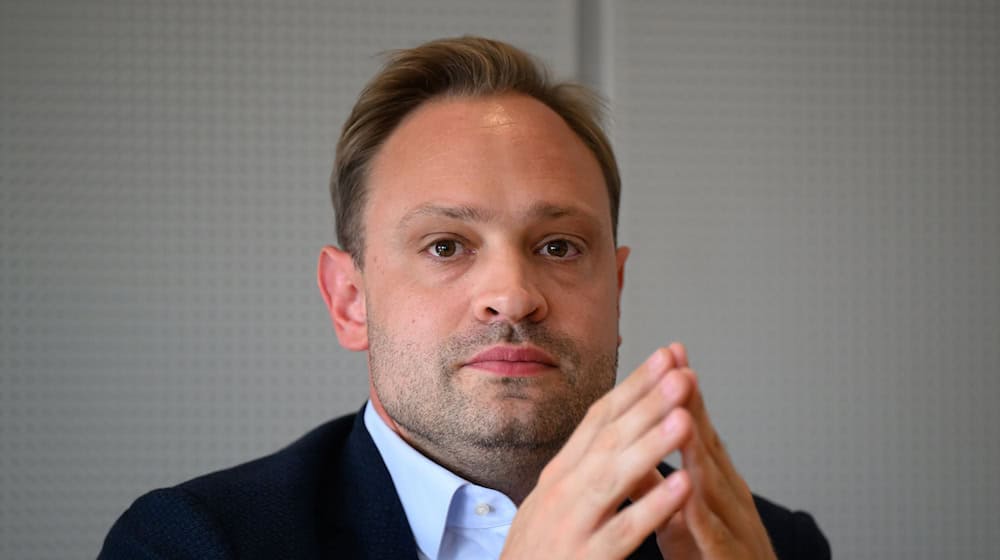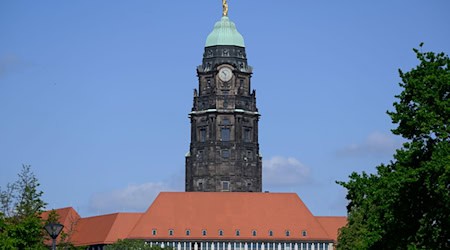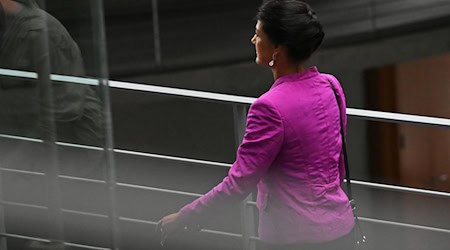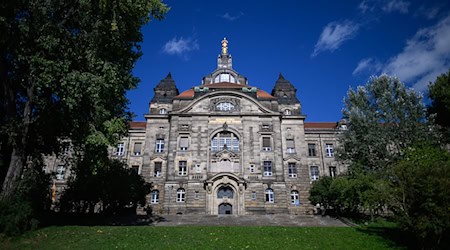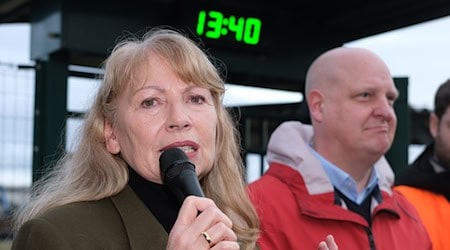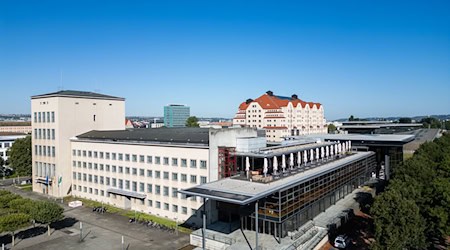The CDU in Saxony continues to reject any cooperation with the AfD. The CDU General Secretary Alexander Dierks said that the party had made the same statement for the state elections as in 2019. "Of course, this also applies to the time after the state election." However, he is not a fan of the term "firewall" because it always makes it easy for the AfD to portray itself as a victim and martyr.
The AfD defines itself through a "very harsh formulation of actual or supposed grievances". "I think this party, with all its rights and obligations, should be treated in the same way as an opposition party, without making a big fuss about it." Dierks does not see the AfD as a bourgeois party.
According to Dierks, the CDU ran in the state elections to become the strongest force and give the state stability. However, the election result also shows how divided the country is and how important it will be to focus on social cohesion. "I believe it will be possible to form a majority government in the Free State of Saxony as a result of long talks."
Dierks did not want to comment in detail on coalition possibilities for the CDU/CSU. In purely mathematical terms, a coalition with the Sahra Wagenknecht (BSW) alliance and the SPD is possible. Talks with the BSW will be held step by step to see where there is overlap and where compromises can be defined. "Ultimately, this country needs a stable government, and we are happy to accept this responsibility."
In the state elections in Saxony on Sunday, the CDU received 31.9% of the vote, just ahead of the AfD with 30.6%. The BSW achieved 11.8 percent. They were followed by the SPD (7.3%) and the Greens (5.1%). The Left Party only achieved 4.5%, but still entered the state parliament because it won two direct mandates in Leipzig. This results in the following distribution of seats in the state parliament: CDU 41 seats, AfD 40, BSW 15, SPD 10, Greens 7, Left 6, Free Voters 1.
Copyright 2024, dpa (www.dpa.de). All rights reserved

